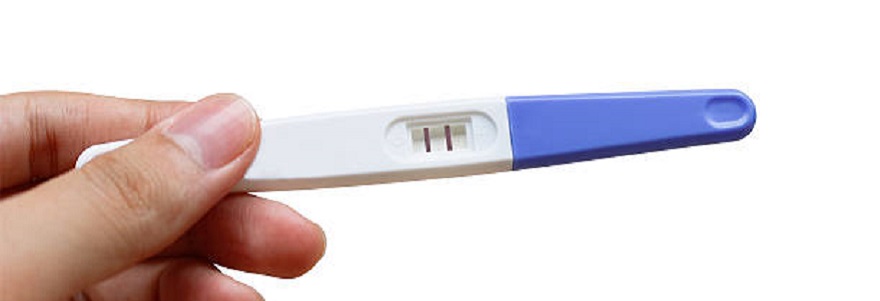Gynaecologic Reproductive Endocrinology and Infertility

Overview
The training program in Gynaecological Reproductive Endocrinology and Infertility (GREI) at Schulich Medicine & Dentistry, Western University provides comprehensive clinical and research training for general Obstetrician/Gynaecologists planning an academic career in Reproductive Endocrinology and Infertility.
The program is accredited by the Royal College of Physicians and Surgeons of Canada and upon completion of the program, candidates will be eligible to write the Royal College examination in Gynecologic Reproductive Endcrinology & Infertility.
All candidates seeking certification in Gynecologic Reproductive Endocrinology and Infertility (GREI) must be Royal College-certified in Obstetrics and Gynecology in order to be eligible to write the Royal College certification examination in GREI. Recognition for satisfactory completion will be granted to all others by Western University.
The expected roles of the trainee as a Medical Expert/Clinical Decision-Maker, Communicator, Manager, Health Advocate, Scholar and Professional will be evaluated and integrated with the objectives of the training program.
How is the program structured?
The program consists of two years devoted to Gynaecological Reproductive Endocrinology and Infertility broken down as follows:
- a nine-month block in which the trainee will develop proficiency in the techniques and administration of assisted reproductive technologies including ovulation induction, intrauterine insemination, in vitro fertilization, intracytoplasmic sperm injection, pelvic ultrasonography for diagnostic and therapeutic purposes.
- a three-month block during which the trainee will participate in minimally invasive surgical procedures for the assistance of reproductive care with particular attention to diagnostic laparoscopy, operative laparoscopy, hysteroscopy, microsurgical training for the management of oviductal pathology, operative hysteroscopy for congenital abnormalities, dysfunctional uterine bleeding, and common gynecological pathologies resulting in dysfunctional uterine bleeding.
- a three-month rotation devoted to exposure for advanced knowledge with regards to general practice of endocrinology with particular reference to pituitary thyroid and adrenal disease; exposure to advanced knowledge and management of male infertility and andrology; exposure to advance knowledge and management of pediatric endocrinology and Gynaecology.
- six months will be devoted to investigative projects related to reproductive endocrinology and infertility either basic and/or clinical.
If the trainee wishes, a Master's Degree in Clinical Epidemiology may be integrated into the training program.
Upon request, consideration will be given to allowing fellows to pursue advanced degrees in basic science. However, for successful completion, an extension of the duration of training would likely be needed.
What are the prerequisites?
Candidates must have completed the General Obstetrics and Gynaecology Certification from the Royal College of Physicians and Surgeons of Canada or equivalent prior to starting the subspecialty training program, if they wish their training to be accredited by the Royal College of Physicians and Surgeons of Canada.
How do I apply
All applicants must supply the following: current CV, personal statement, 3 supporting academic references. Electronic versions of all documents are acceptable.
Applications will be accepted until March 31 of the application year and should be directed to:
Program in Gynaecologic Reproductive Endocrinology & Infertility
Dr. A. Vilos
Department of Obstetrics and Gynaecology,
London Health Sciences Centre-Victoria Hospital, E3-620E
London, Ontario, Canada,
N6A 4V2
via samantha.kreamer@lhsc.on.ca








